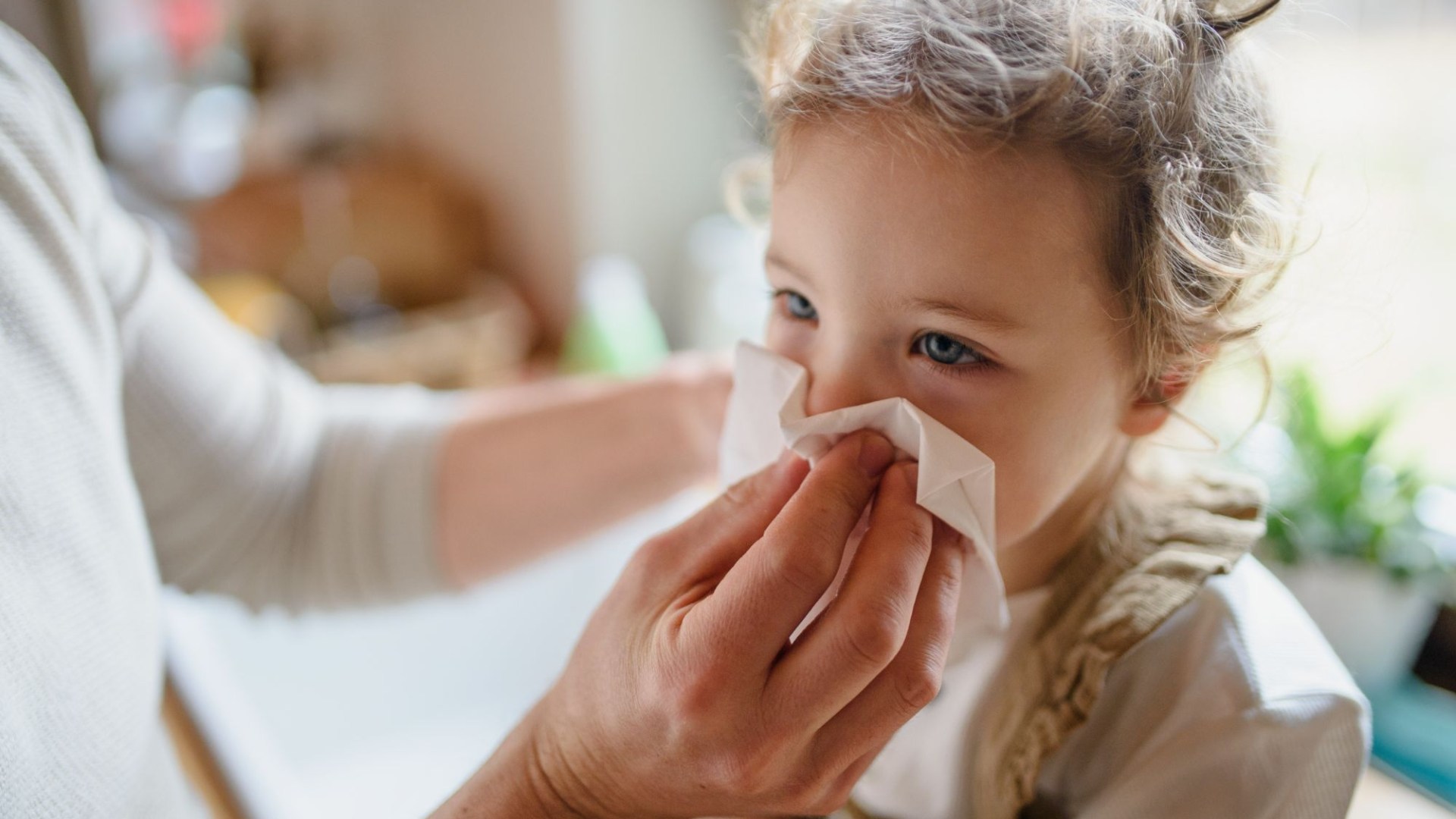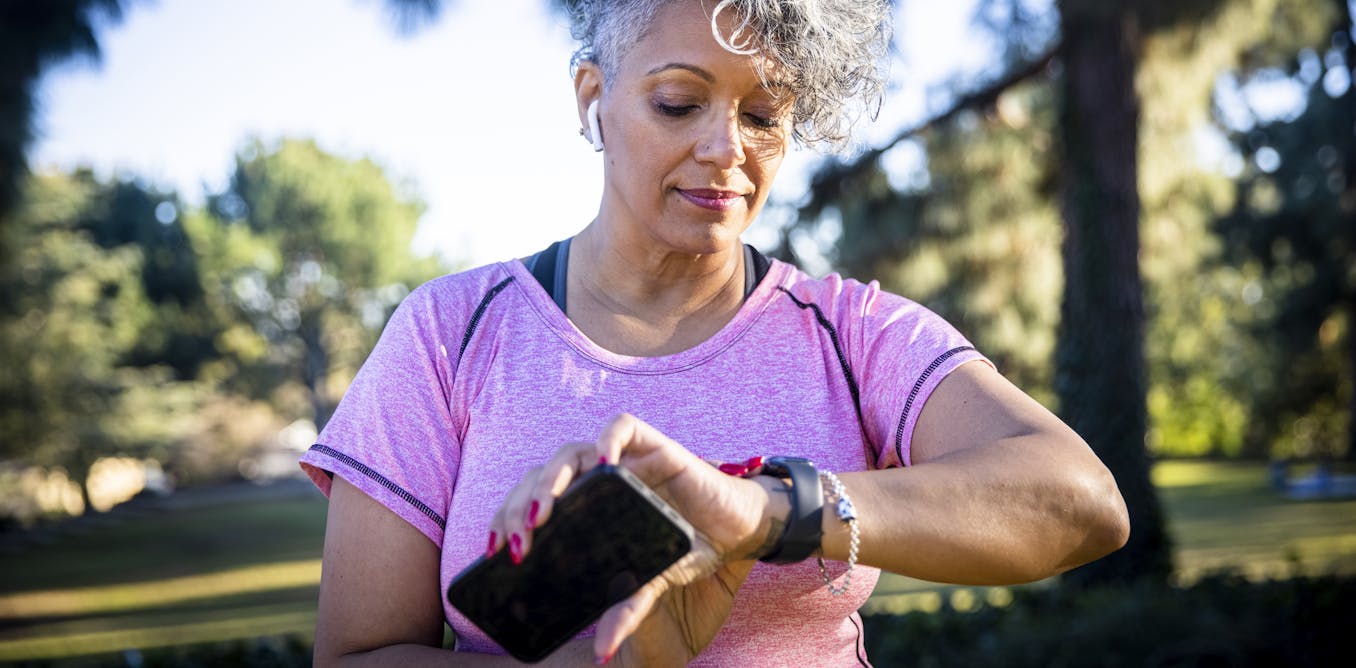USING a common £3 remedy could reduce the length of children’s colds by two whole days, scientists find.
It can also make them less likely to infect family members with their coughs and sniffles.
2

2
If you usually usually treat your child’s colds with comforting foods and over-the-counter remedies, you might want to give saline nasal drops a go, a University of Edinburgh study suggests.
The NHS recommends them for loosening dried snot and relieving a stuffy nose, but the new piece of research suggests they may cut the duration of colds too.
The drops will cost you as little at £3.85 at Boots – or you can find them for little over £1 at independent pharmacies.
Professor Steve Cunningham, who presented the research at the European Respiratory Society Congress in Vienna, said: “Children have up to 10 to 12 upper respiratory tract infections, what we refer to as colds, per year, which have a big impact on them and their families.
Read more on coughs and colds
“There are medicines to improve symptoms, such as paracetamol and ibuprofen, but no treatments that can make a cold get better quicker.”
Chief investigator Dr Sandeep Ramalingam, a consultant virologist for NHS Lothian in Edinburgh, UK, had noted that salt-water solutions are often used by people in South Asia for nasal irrigation and gargling to treat a cold.
He decided to explore whether saline – which is essential a sterile solution of salt and water – could be shown to help treat colds in a large study.
The research team recruited 407 children aged up to six years old who were either given 2.6 per cent hypertonic saline nasal drops or the usual care when they developed a cold.
Overall, 301 children developed a cold throughout the duration of the study.
Out of these children, 151 were give their usual cold care.
Parents to the remaining 150 children were given sea salt and taught to make and apply salt-water nose drops to the children’s noses.
They gave them three drops per nostril, at a minimum of four times per day until they got well.
Prof Cunningham explained: “We found that children using salt-water nose drops had cold symptoms for an average of six days where those with usual care had symptoms for eight days.
“The children receiving salt water nose drops also needed fewer medicines during their illness.”
He explained why salt water could help cut down the length of illness.
“Salt is made up of sodium and chloride. Chloride is used by the cells lining the nose and windpipes to produce hypochlorous acid within cells, which they use to defend against virus infection,” Prof Cunningham said.
“By giving extra chloride to the lining cells this helps the cells produce more hypochlorous acid, which helps suppress viral replication, reducing the length of the virus infection, and therefore the duration of symptoms.”
Dr Sarah Jarvis, GP and clinical consultant to Patient.info, previously told The Sun that it’s important to perform nasal irrigation under sterile conditions.
She recommended using the Neilmed sinus rinse.
REDUCED TRANSMISSION
Researchers also noticed that households where children were given salt-water nose drops reported fewer family members catching a cold.
Just 41 per cent of families who gave their tots saline drops reported cold transmission, compared to 61 per cent of families with children given normal cold care.
Eighty-two per cent of parents said the nose drops helped the child get better quickly and 81 per cent said they would use nose drops in the future.
Prof Cunningham added: “Reducing the duration of colds in children means that fewer people in their house also get a cold, with clear implications for how quickly a household feels better and can return to their usual activities like school and work etc.
“Our study also showed that parents can safely make and administer nose drops to their children and therefore have some control over the common cold affecting their children.”
How to avoid spreading a cold in a family
Colds are caused by viruses and easily spread to other people.
You’re infectious until all your symptoms have gone.
This usually takes one to two weeks, but it can be longer in babies and young children.
Colds are spread by germs from coughs and sneezes, which can live on hands and surfaces for 24 hours.
To reduce the risk of spreading a cold:
- Wash your hands often with warm water and soap
- Use tissues to trap germs when you cough or sneeze
- Bin used tissues as quickly as possible
Plus, the best ways to avoid catching a cold from other in the family include:
- Washing your hands with warm water and soap
- Not sharing towels or household items (like cups or children’s toys) with someone who has a cold
- Not touching your eyes or nose in case you’ve come into contact with the virus
- Staying fit and healthy
Source: NHS
Professor Alexander Möeller, head of the Department for Respiratory Medicine at the University Children’s Hospital Zurich – who was not involved in the research – said: “This is an important study that is the first of its kind to investigate the impact of salty nose drops in children with colds.
“Although most colds usually don’t turn into anything serious, we all know how miserable they can be, especially for young children and their families.
“This extremely cheap and simple intervention has the potential to be applied globally; providing parents with a safe and effective way to limit the impact of colds in their children and family would represent a significant reduction in health and economic burden of this most common condition.”
The team behind the study hope to further investigate whether saltwater nose drops can help reduce wheezing brought on by colds too.
Results from the initial study showed that children who received the drops had significantly fewer episodes of wheezing – 5 per cent compared to 19 per cent of kids who had their colds treated in the usual way.




